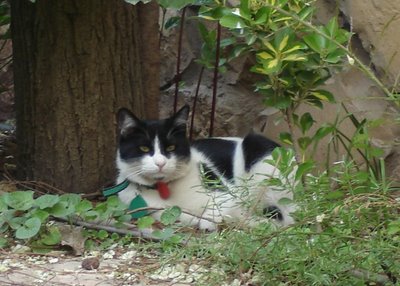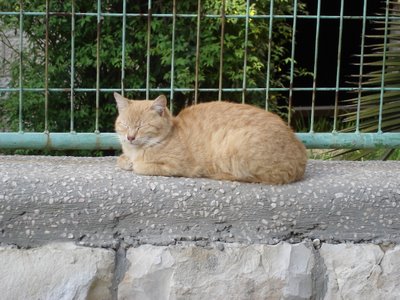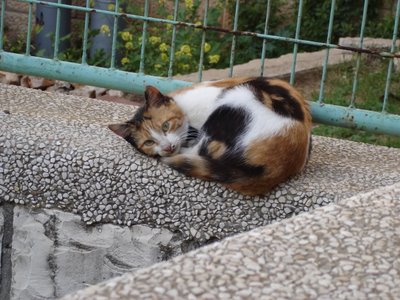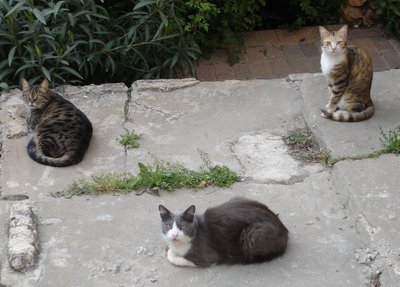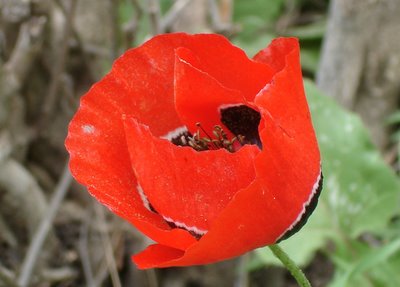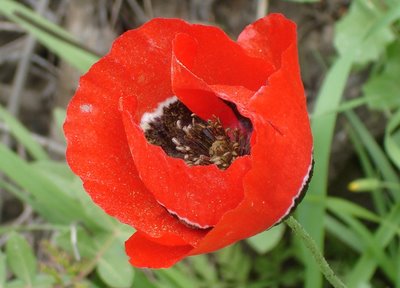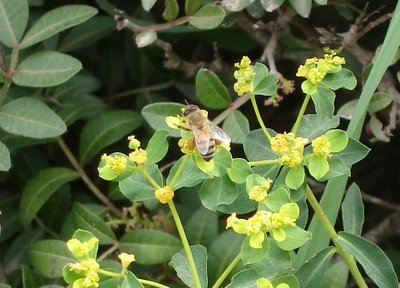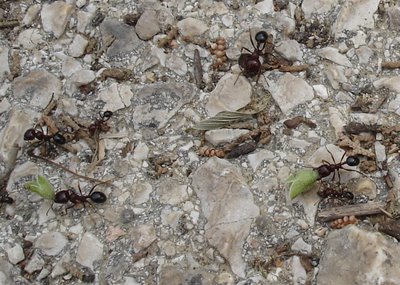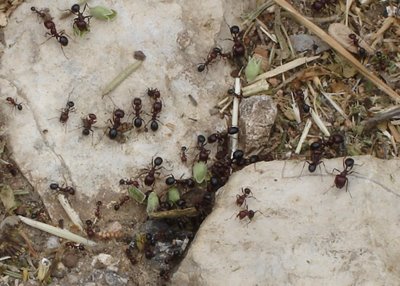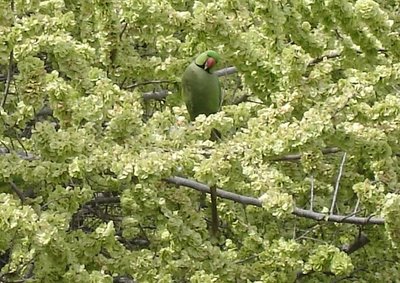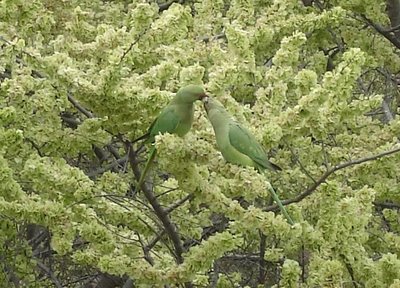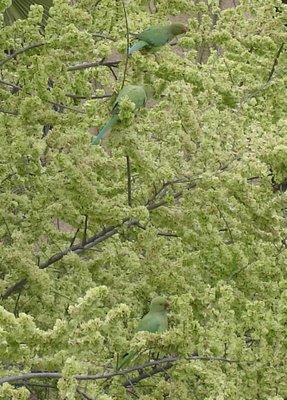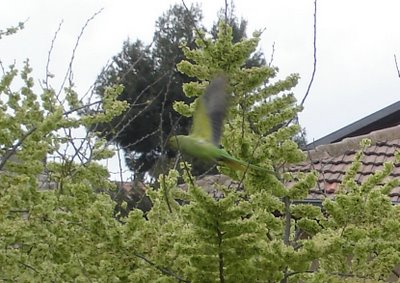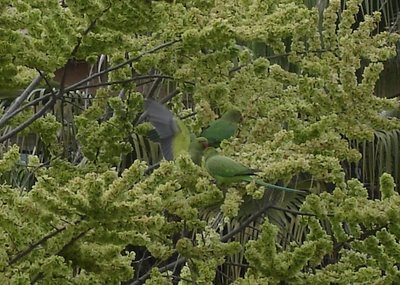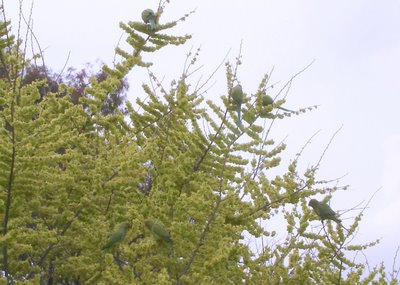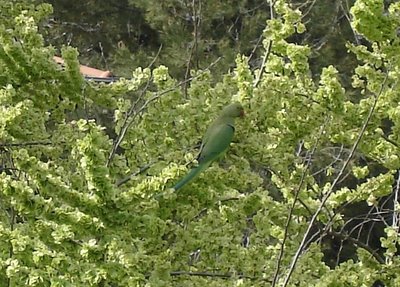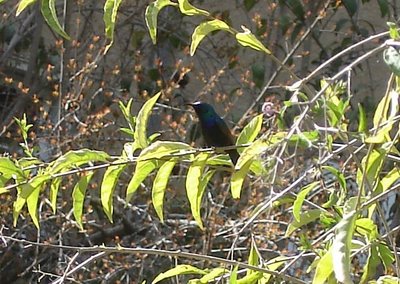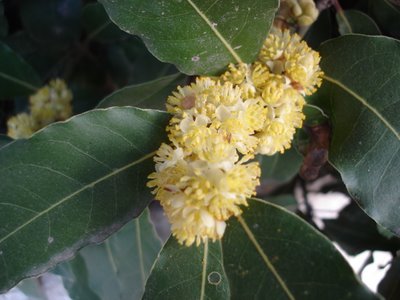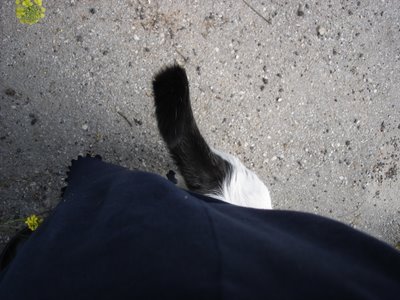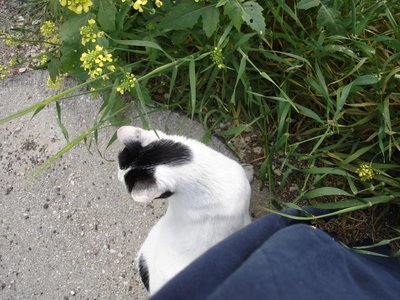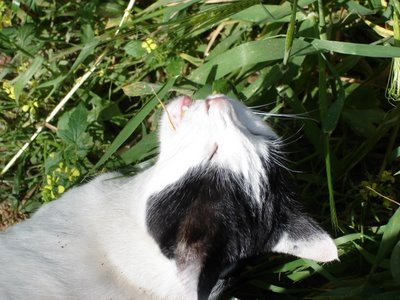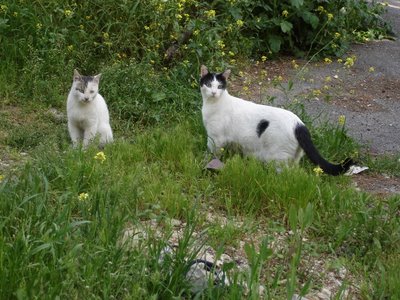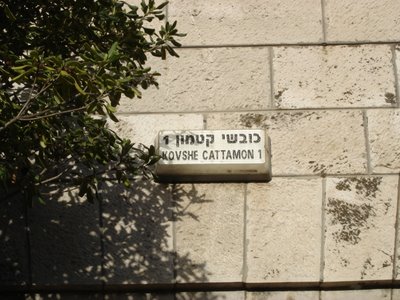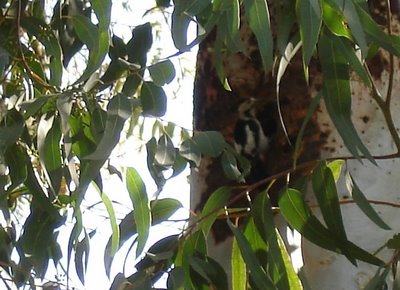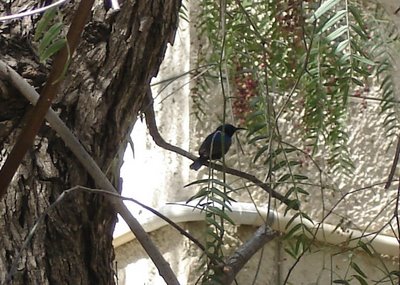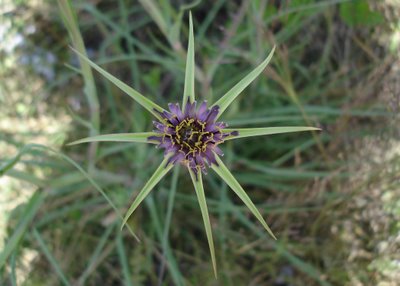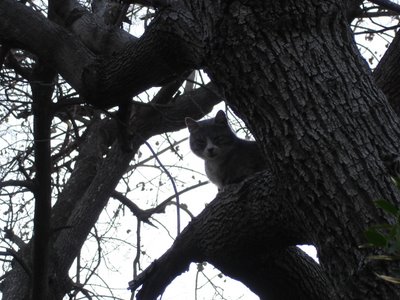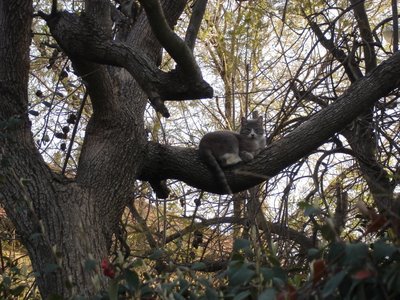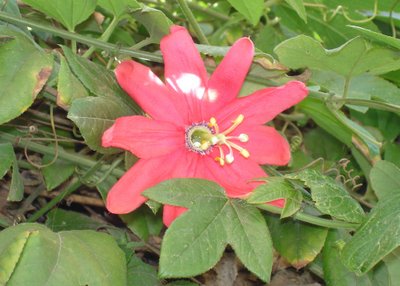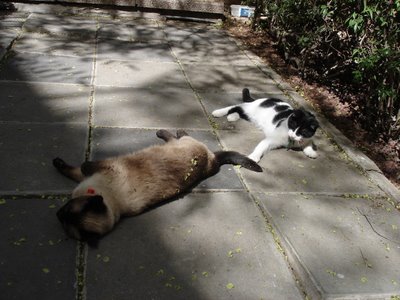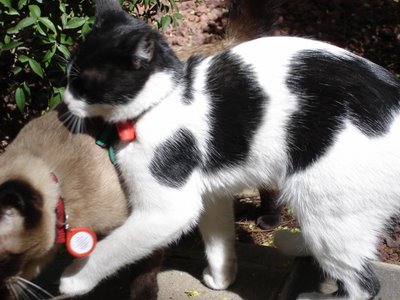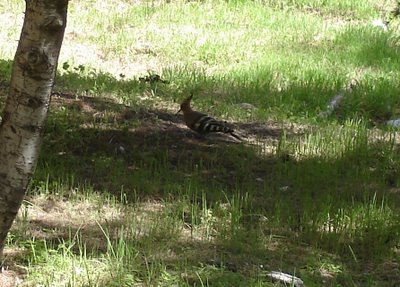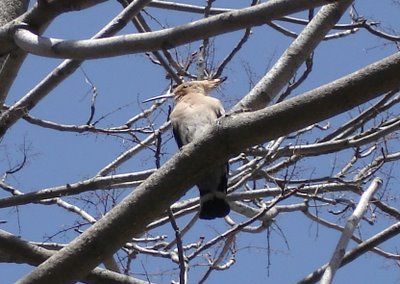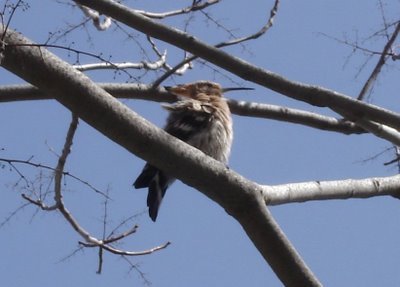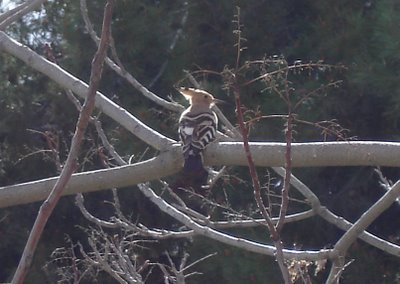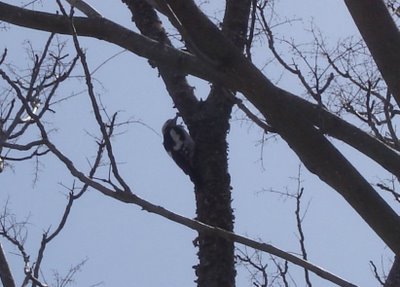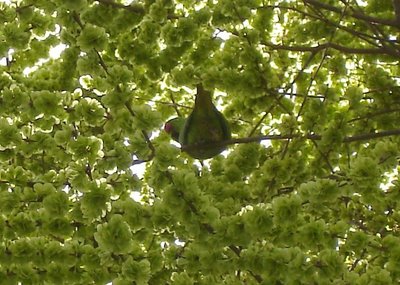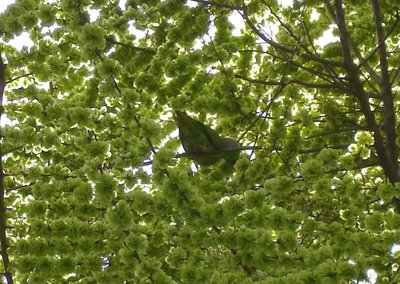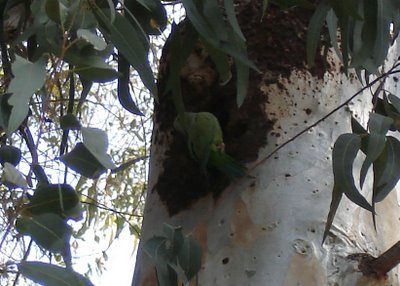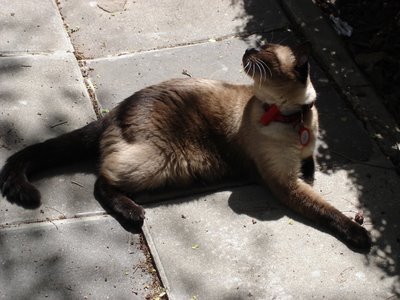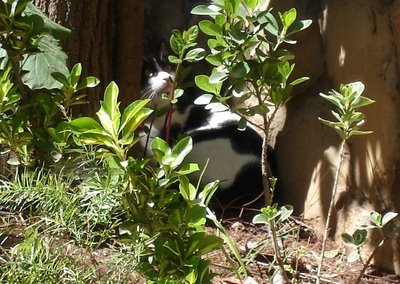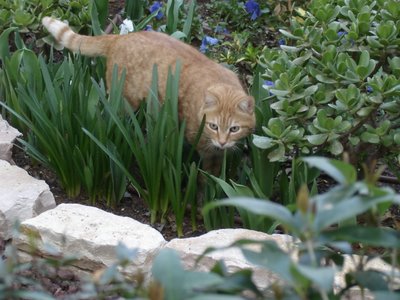Birkat ha-Ilanot (The Blessing of the Trees)
When we see fruit trees in bloom for the first time in the spring, we recite a special blessing called Birkat ha-Ilanot, the Blessing of the Trees. This blessing is recited once a year. The text follows in Hebrew, in transliteration and in English translation:
ברוך אתה ה' אלהינו מלך העולם שלא חסר בעולמו כלום וברא בו בריות טובות ואילנות טובים להנות בהם בני אדם.
Barukh atah, Adonai, Eloheinu, Melekh ha-olam, she-lo hisar be-olamo kelum u-vara vo beriyyot tovot ve-ilanot tovim lehanot bahem benei adam.
Blessed are You, Eternal our God, Ruler of the Universe, who let nothing lack in His universe and created within it good creatures and good trees in order to give pleasure to human beings.
(In the Hebrew blessing, the word “davar” is sometimes substituted for “kelum.”)
There is a custom to recite this blessing on Rosh Hodesh Nissan (the first day of the Hebrew month of Nissan). There is also a strong custom to recite it over at least two different fruit trees in bloom. Well, seeing that today is Rosh Hodesh Nissan and there are two fruit trees in bloom—an orange tree and a nectarine tree—in the yard, out I went. Prayer book and camera in hand, I discharged my religious obligation, took some pictures and enjoyed a good, strong whiff of orange blossom while I was at it.
Here are the orange blossoms:
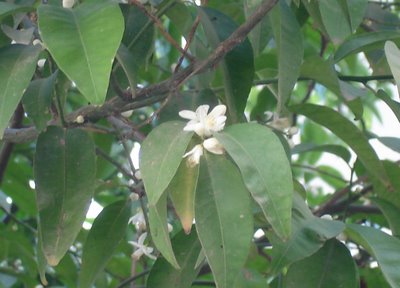
The nectarine is still in bloom, too:
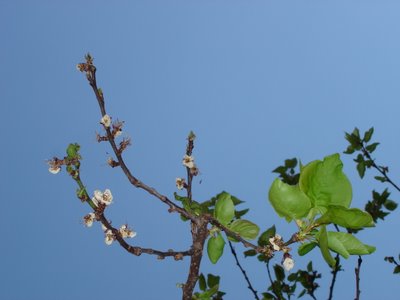
In religious neighborhoods, many people put up signs containing the words of the blessing next to the fruit trees in their yards and invite passersby to come and make the blessing.
(More information on birkat ha-ilanot can be found here, here and here.)
Finally, if anyone out there can tell me how to vowelize Hebrew in Blogger, please do. I’d appreciate it.
